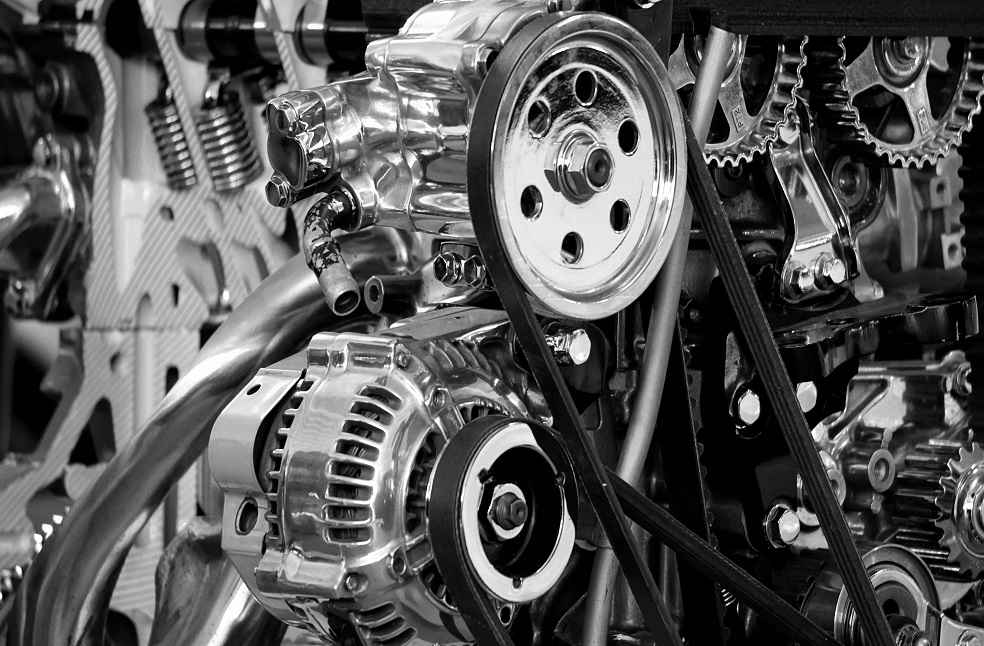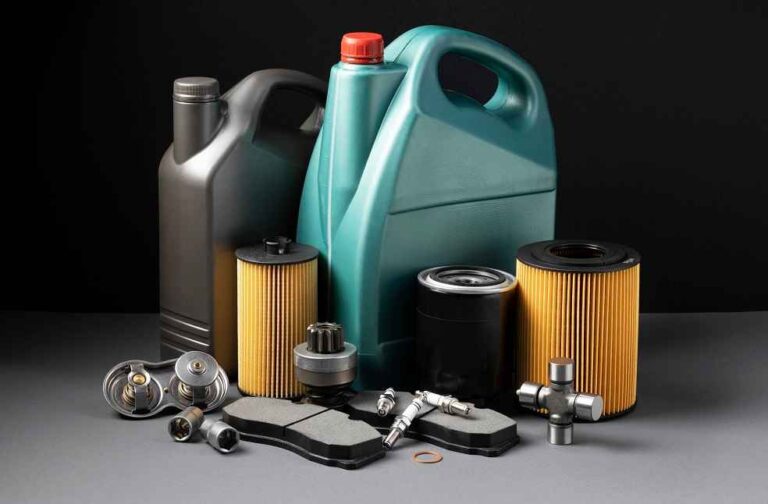The rise of electric vehicles (EVs) is revolutionizing the automotive industry. In the coming years, this will bring about profound changes in the auto parts industry. As EVs become more prevalent, the demand for traditional automotive components is expected to decline, giving way to a surge in the need for specialized parts unique to electric vehicles.
This transformation presents both challenges and opportunities for auto parts manufacturers, requiring them to adapt to new technologies, supply chain dynamics, and regulatory landscapes.
Negative Impacts:

- Reduced Demand: EVs have far fewer moving parts than internal combustion engine (ICE) vehicles, eliminating the need for many traditional components like spark plugs, pistons, exhaust systems, and complex transmissions. This will lead to a decreased demand for these parts and may force suppliers to adapt or face obsolescence.
- Job Losses: As the production of traditional parts declines, jobs in manufacturing and related sectors could be at risk. Similarly, mechanics and repair shops specializing in ICE vehicles may face reduced business as EVs require less frequent maintenance and have different repair needs.
- Suppliers Challenges: Smaller suppliers who heavily rely on ICE-specific components may struggle to compete with larger, more diversified companies that can adapt to the changing market.
Positive Impacts:
- EV Parts Demand: EVs require unique components like batteries, electric motors, charging systems, and power electronics. This will create a growing market for new types of parts, opening up opportunities for existing and new players in the industry.
- Battery Production and Recycling: The increasing demand for EV batteries will spur the growth of battery manufacturing and recycling industries, creating new jobs and stimulating economic activity.
- Technological Innovation: The shift towards EVs is driving innovation in areas like battery technology, charging infrastructure, and lightweight materials. This presents opportunities for companies to develop new products and services that cater to the evolving needs of the EV market.

Overall:
the ascent of electric vehicles is set to dramatically reshape the auto parts industry. While the shift away from internal combustion engines may reduce the demand for certain traditional components, it simultaneously opens new avenues for growth in the production of EV-specific parts.
Auto parts manufacturers that can effectively navigate this transition, invest in technological advancements, and align with evolving regulatory requirements will be well-positioned to thrive in this new era. The industry stands at a pivotal juncture, where embracing change and innovation will be crucial to capitalizing on the opportunities presented by the electric vehicle revolution.
LATEST | BYD Launches Shark Truck in Mexico Amid Rising U.S.-China Tariffs





